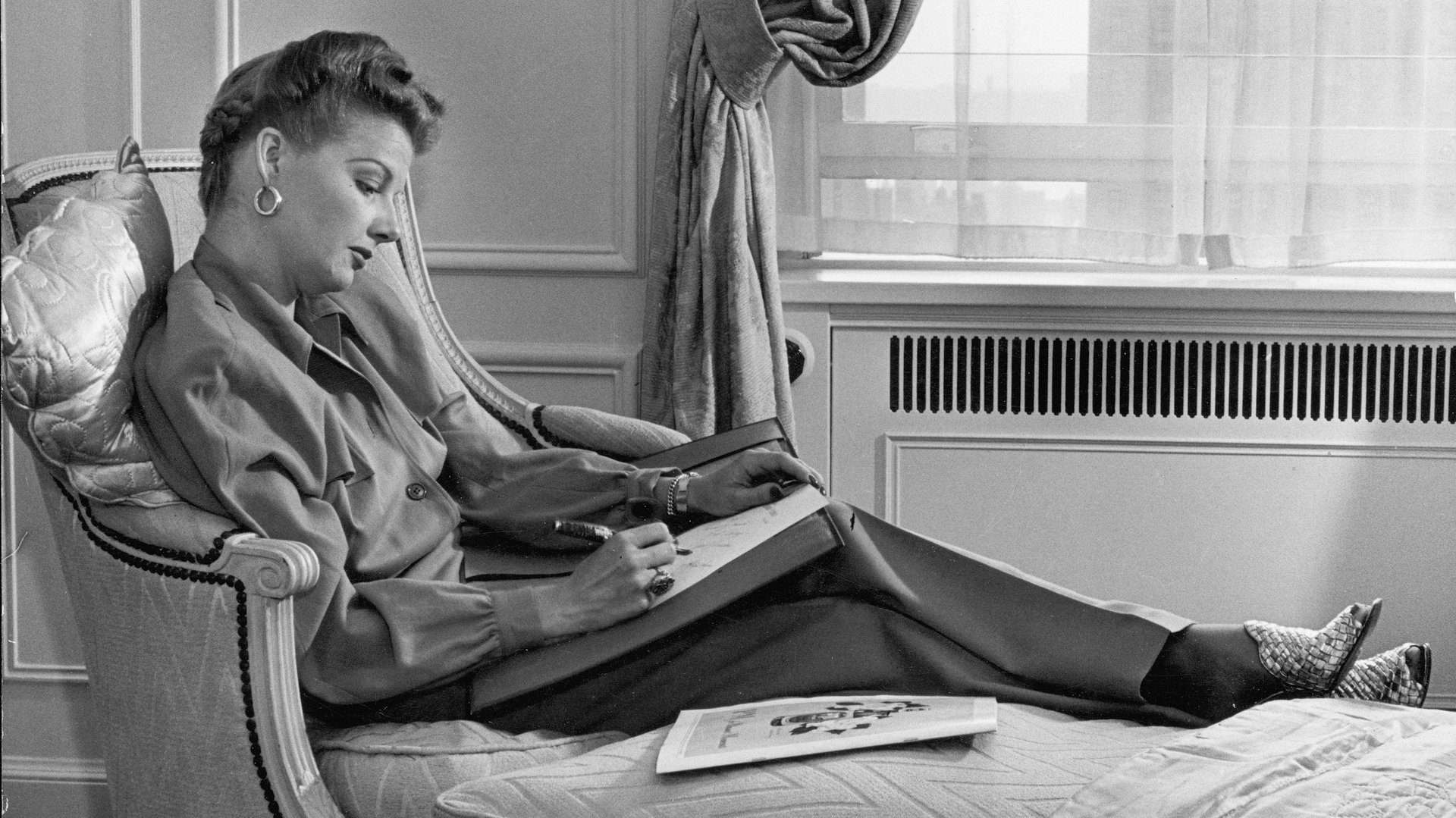A psychologist’s guide to coming back from burnout
Subscribe to the Quartzy newsletter to receive this in your inbox each Friday.


Subscribe to the Quartzy newsletter to receive this in your inbox each Friday.
Earlier this month, a Buzzfeed story about “millennial burnout” went viral, and it became abundantly clear that many of us, irrespective of generation, saw at least a sliver of ourselves in author Anne Helen Petersen’s exhaustion, coupled with her shame about a failure to knock mundane tasks off her to-do list—a condition that she termed “errand paralysis.”
When I read the story, I had already been asking myself some questions about how to reignite a creative spark and reset my priorities. (2019!) I’d recently found myself surrounded—and inspired—by friends invigorated by major life changes: leaving jobs, changing cities, having babies, getting dogs. These are resets by way of what my colleague Sarah Todd calls the Molotov Cocktail Principle, ie: blowing something up. As Quartz’s Jessanne Collins wrote last week about becoming a parent, such changes can throw one’s values and priorities into stark relief.
While exploding one’s paradigm is a sure way to introduce fresh energy and perspective, I was seeking slightly lower-impact solutions, so I called Amanda Crowell, a cognitive psychologist and improvement coach, for some guidance.
“You can feel burned out even if you love your job, you love your boyfriend, and you love your apartment,” she said. “Sometimes there’s actually nothing wrong … except that you’re not giving yourself any space to pull back.”
But how do you actually do that?
Most importantly, she says, with patience. “Transformation is a matter of accumulation,” says Crowell. Big changes don’t happen overnight, but rather by identifying what you want, and doing little things to get there. And that’s important to remember, because feeling overwhelmed is not only the worst, it will make you throw on the brakes. (I’ve said it before and I’ll say it again: Baby Steps.)
Step 1. Make time for a break
“You cannot think big when you’re exhausted,” says Crowell. So if you are, she says, “bring yourself back from the edge.” Disabuse yourself of the notion that you must be constantly working, or available for work, and set some limits. In addition to basic self-care like proper sleep and exercise, give yourself time—whether a couple days or a couple hours—to do what feels restorative. (Crowell’s personal prescription is watching The Great British Baking Show in bed. Mine is reading magazines in the bath.)
To those whose obligations don’t afford them a rest, Crowell offers a wide definition of a break. If you can’t escape to the country, seaside, or your bed for a considerable stretch, try leaving your phone at the bottom of your bag while you look out the window on a commute. Step away from your computer at lunchtime, or block a 30-minute mid-afternoon meeting on your calendar and take a walk.
“There’s work to be done in the rest period too,” she reminds the productivity junkies. “It’s when your brain is doing things your conscious mind can’t be a part of.”
Step 2. Get an inkling
Once you’re rested, you can start to ask bigger questions about what will bring you more joy: More control over your time? More nature? Laughter? Creativity? Financial order? Crowell suggested a handful of exercises to start uncovering the answers to those questions. “They feel kind of hokey,” she says, “but they bring you back to having goals.” Here they are:
- Describe the story of your life in 10 years, if everything were to go the way you want.
- If you’re visually inclined (or love magazines), make a vision board full of pictures reflecting the changes you want to see.
- Try the prompts from Mike Dooley’s Love Your Life in 30 Days workbook.
“Don’t expect yourself to have total clarity,” says Crowell. “Get an inkling, and act on it.”
Step 3. Get busy with small actions
Once you have that inkling of what you’re going for, create small goals in service of it. Crowell suggests writing down 30 little ways to get closer to it, and then choosing one—just one!—to do this week. And start small. If you’re craving more nature in your life, maybe just start by taking a 20-minute walk outside before or after work. If you want to eat a healthier diet, start with a grocery list.
The Artist’s Way by Julia Cameron is also a beloved guide for creative types, with helpful practices such as the “morning pages”—a renowned ritual of stream-of-consciousness journaling to clear one’s head of the anxieties that fog it. Crowell also recommends Gretchen Rubin’s Better than Before, if you need help creating little habits to support your bigger hopes.
Clarity about significant goals will help you recognize which small stuff is worth sweating—and which isn’t. Your inbox might not feel so overwhelming if you realize you can just ignore much of what’s in there.
And remember, you are not alone!
Shortly after I read that Buzzfeed piece, I went to the post office to mail a package that had been sitting on my dining table for a solid 10 days. I just had to cross something—anything!—off my list. I ran into a pal there (infant-in-tow), who had the same reaction. At Quartz, staffers swapped to-do lists in commiseration. Several even signed a pact to sort out their power of attorney documents. The point is: everybody is dealing—and not dealing—with these sorts of life management challenges.
“When you’re managing yourself, you have to be very, very kind,” says Crowell. The key is to identify what’s important to you, and then chip away at it, slowly. “You’re not going to get it in one fell swoop,” she says. “You have to excavate it like a little archeologist… As you get a little more joy, or a little more beauty, or a little more whatever, the dream opens up a little bit more for you.”